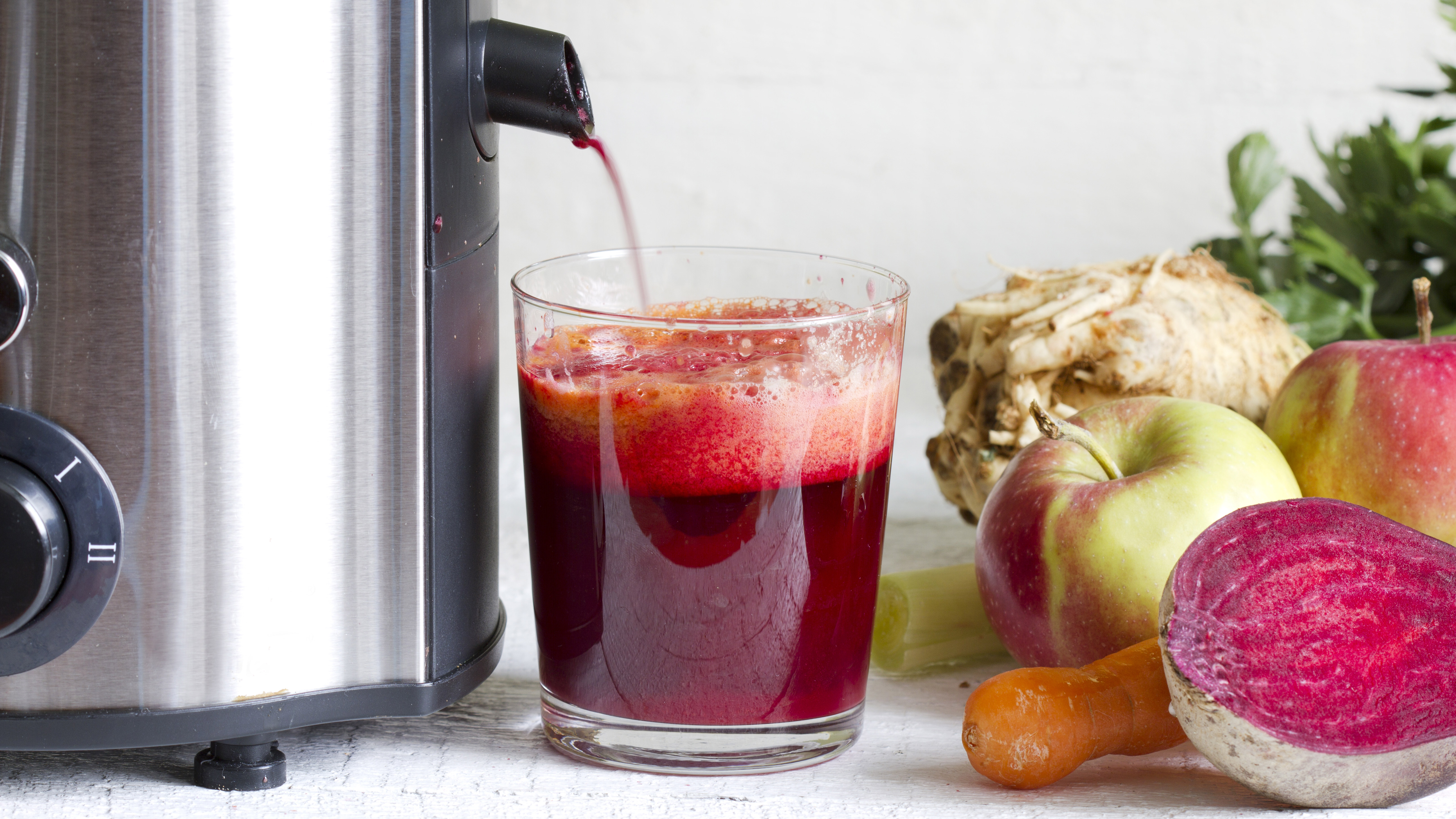How to juice a lemon - and where to use the juice
We have 3 easy-peasy, lemon-squeezy ways

How to squeeze a lemon seems like such a simple thing to do, but we all go about it in very different ways for various reasons.
Lemons are citrus fruits that contain Vitamin C, which is essential for a healthy diet. Along with boosting immunity, a burst of these vitamins can reduce the risk of stroke and heart disease with regular consumption. We like to think that it's best served as lemonade, but adding it to tea is also nice.
Another common use of lemon is its cleaning ability, thanks to its acidic juice. This isn't a new thing - we've been using lemon juice for centuries to cut through grease and grim throughout our homes. It's all-natural and doesn't cost a lot - or the earth, environmentally speaking.
Aren't lemons great? It's no wonder we're seeing search rocket for this citrus variety, especially asking how to juice it - and, spoiler alert, it's not always down to having the best juicer, although owning one can help.
How to squeeze a lemon
We've thought of three ways to go about extracting lemon juice from lemons. Some are easier than others, and some are more expensive than others.
1. Use a juicer

You can get a citrus juicer which is specifically designed for citrus fruits, such as the Smeg CJF01. These don't require you to peel off the waxy skin - you'll just need to chop the lemon in half before using the appliance.
Whereas a cold press juicer, on the other hand, will grind and chew the fruit and then push it through a strainer to separate the juice from the pulp.
Get daily insight, inspiration and deals in your inbox
Sign up for breaking news, reviews, opinion, top tech deals, and more.
Whilst you can get your hands on a citrus juicer for $100 / £100, a cold press juicer could set you back $500 / £500. It could be used for other fruits and veg, other than lemons, though.
2. Use a manual juicer
This is probably the most common method of juicing a lemon which is both affordable and easy to do. If the wax of the lemon is particularly tough, a bit of effort will be required to extract all of the the juice from the lemon.
Washing up by hand after use could also be a little cumbersome if the manual juicer has a fine mesh to clean and the small pips and flesh are wedged between it.
3. Use your hand
It helps if the lemon is cut in half to free up the juice but, yes, this is one way to squeeze out the juice. Perhaps the most familiar scene of this being done is when you have a wedge of lemon served with a fish & chip dinner. It does the job, and it's free - but you won't be able to match the quantities achieved by an appliance.
Ideas on how to use lemon juice
Now you've got your lemon juice, what can you use it for? It's been used for centuries in various ways; from consumption to cleaning, but here are our favourite things to do with it.
Clean a coffee maker

You can clean a coffee maker with lemon juice with a solution that can be made up to descale. Add 1 fluid ounce (30 milliliters) of lemon juice to two cups of water and pour into the coffee maker, then bring to a boil and leave to cool. Run a coffee maker cycle (without coffee) and give it a rinse through a few times to remove a lemony taste.
Clean the oven
You can clean an oven by filling an oven-safe dish with water and lemon. Turn the oven on and heat it - with just the lemon and water dish inside - for 30 minutes at 482˚F/250˚C. Leave to cool, take the dish out and wipe away any loosened grease or grime.
Make lemonade
Mix the lemon juice (approx. 3 lemons) with one cup (140 grams) of caster sugar and 0.2 gallons (1 liter) of water.
Another way is to tip the lemons, sugar and water into a blender and mix until the lemon is finely chopped. You'll then want to use a sieve over a bowl to remove pips and fruit.
How do you get the most juice out of a lemon?
This is a top tip: if you roll the lemon on the countertop, this will loosen some of the citrus membranes and makes the outside easier to squeeze.
You can also pop the whole, uncut lemon in the microwave for 20-30 seconds, causing some of the membrane inside to burst and free the juice as well as softening it before squeezing.
To really max out your juice collection, use the underside of a spoon to ream the lemon, catching any sneaky, submerged juice pods.
The ripest lemons will perform best, so get squeezing as quickly as possible after buying your next batch!

Jennifer (Jenny) is currently the editor of Top Ten Reviews, but prior to that, she was TechRadar's Homes Editor. She has over a decade of experience as a digital product writer specialising in appliances, smart tech and mattresses for some of the UK's leading retailers and magazine titles such as Real Homes, Ideal Home and Livingetc. Generally, you’ll find her watching the latest Netflix series, digging around in the garden or attempting to make a cake that is edible.